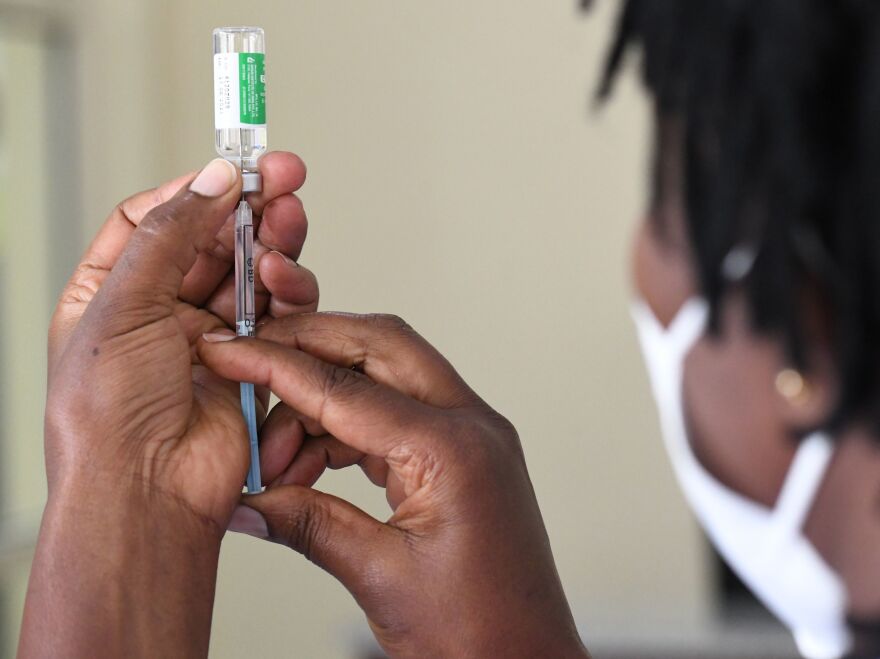The large minority of parents in the United States who chose to opt out or delay the recommended vaccine schedule for their children remains nearly unchanged over the past decade, a new study from the University of Georgia suggests.
Lead author and co-director of the Grady College of Journalism and Mass Communications’s Center for Health and Risk Communication Glen Nowak proposes strong trust between health professionals and parents as the key to furthering vaccine education.
The study uses “vaccine hesitancy” to describe this percentage of parents, meaning the reluctance that may cause someone to opt out of some or all vaccines for their children or themselves. This uncertainty follows several kinds of reasoning. Nowak found concern over the amount of vaccines given in an appointment, uncertainty over specific vaccines, such as flu or HPV, and potential side effects or safety concerns.
The majority of American parents follow physician’s recommendations with their children’s vaccinations. National surveys found the percentage of parents who are hesitant over routine vaccines sits between six and 26 percent and has remained about the same since the 2012 and 2014 national surveys. However, this statistic varies widely across different demographics.
Data from the Center for Disease Control showed lower rates of vaccinations for Black and Hispanic children. Lower socioeconomic status and whether the family has private health insurance also contributes to lower levels of pediatric vaccination. Other data showed a decline in the measles, mumps and rubella (MMR) vaccine coverage in Maryland, Wisconsin, Georgia, Wyoming and Kentucky. Another article cited in Nowak’s study showed increased vaccine exemptions in Washington and Idaho.
The research also found that there may be some connection between political beliefs from parents and vaccine hesitancy, but continued research is needed to further understand the relation.
Nowak’s stance of facilitating trust to promote vaccine education proves to be difficult to do effectively. The everchanging population of parents means that physicians have to answer questions consistently and speak to parents’ concerns in an empathetic way, which takes thoughtful attention. “The challenge for many healthcare providers is that they’re very busy,” says Nowak in conversation with WUGA. “There’s been a lot of discussion over the last 10-15 years about how you can change the healthcare provider settings so that providers have more time and they’re paid for their time.”
Parents also sometimes will not see the same physicians over the course of their child’s life, which makes trust difficult to foster. When these conversations can’t happen, Nowak emphasized the importance of promoting the already existing online resources that can assist in the vaccine education process. No matter the method, the best way to combat vaccine hesitancy is through clear answers that speak to parents’ concerns and backgrounds.
“What our research found is that a lot of the concerns that parents have…are not new ones,” says Nowak. “It seems like if we had done a really job of answering those questions even before they became parents, we wouldn’t have people asking the same questions. I think it’s a sign that we still need to make significant efforts to do a good job of educating people about what vaccines do and why it is important that we try to get as many people vaccinated as possible.”





